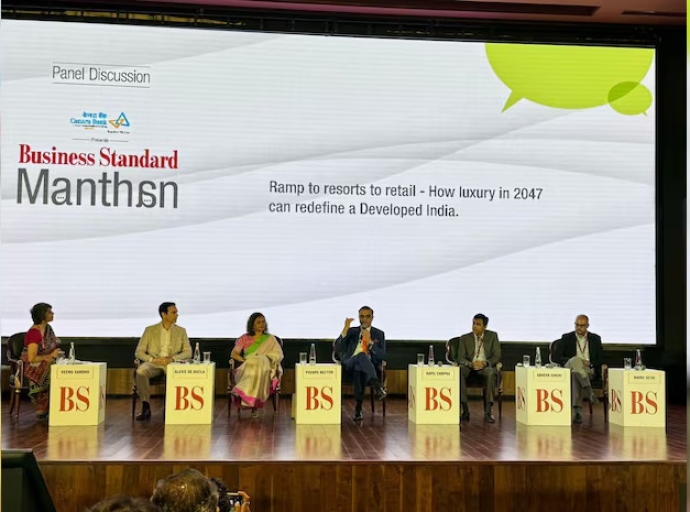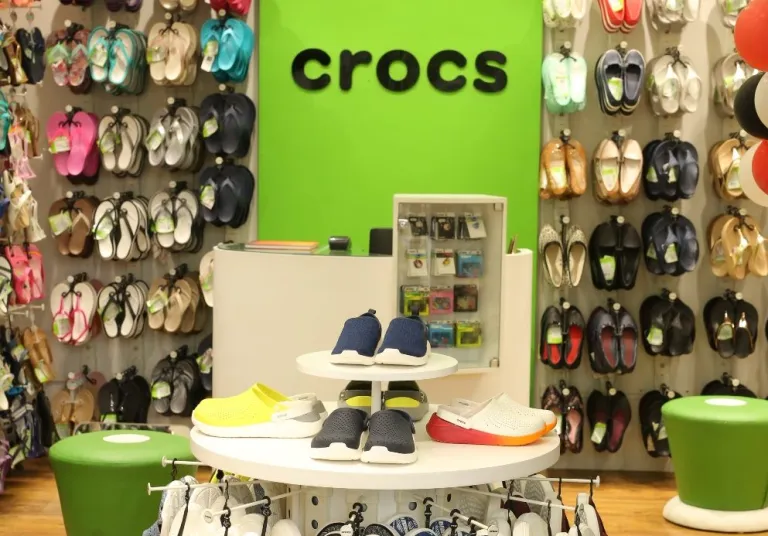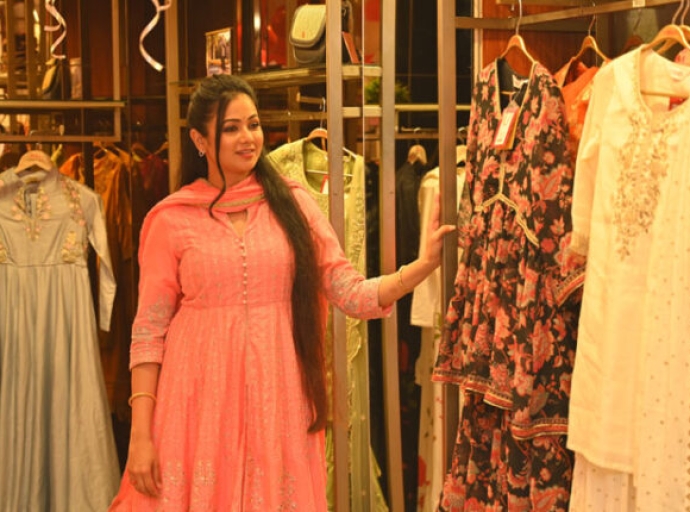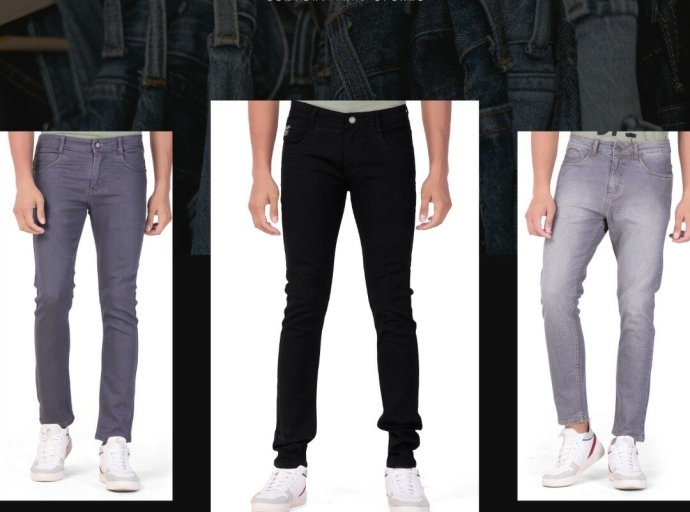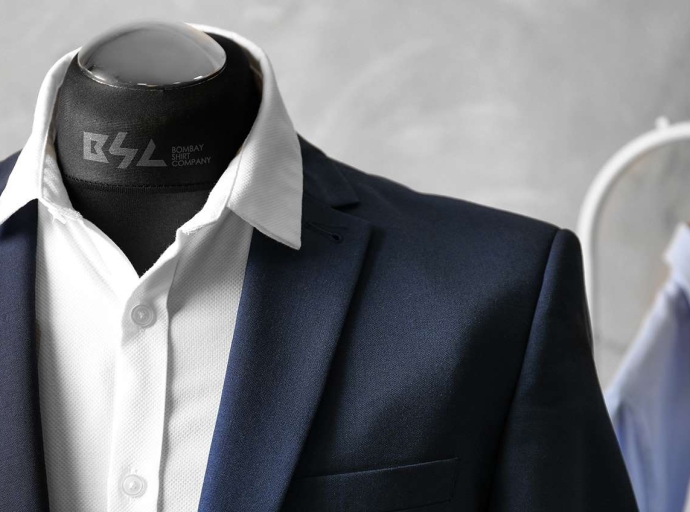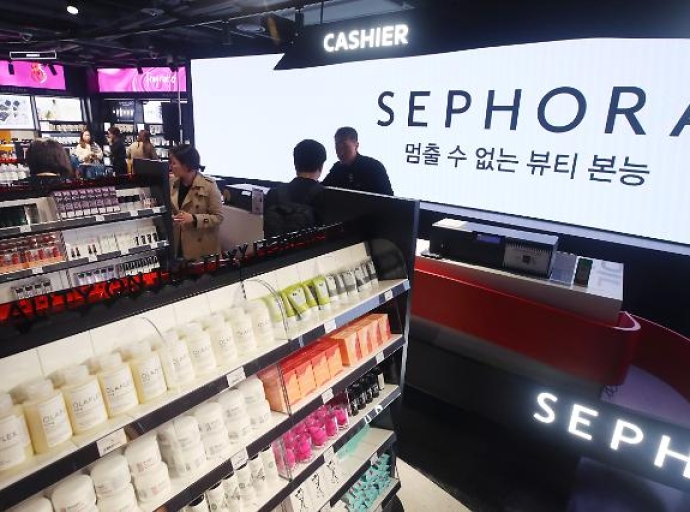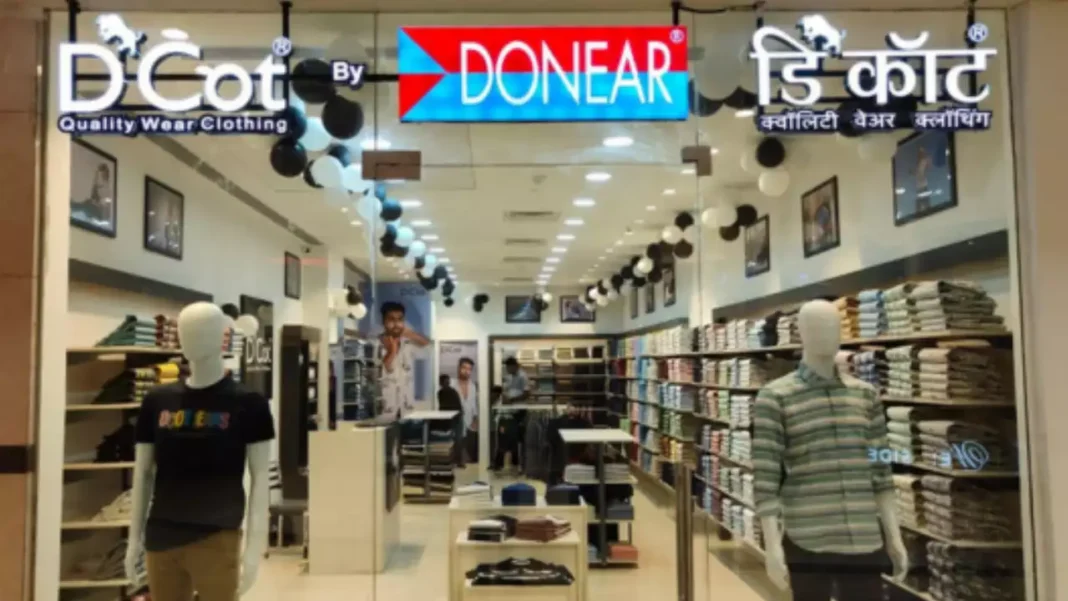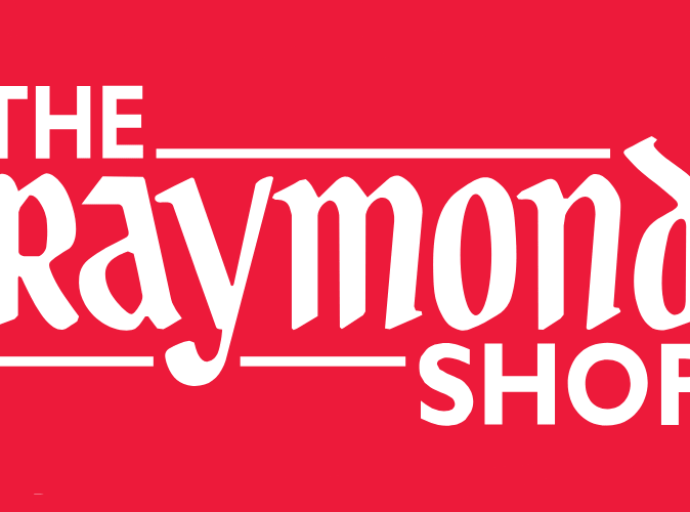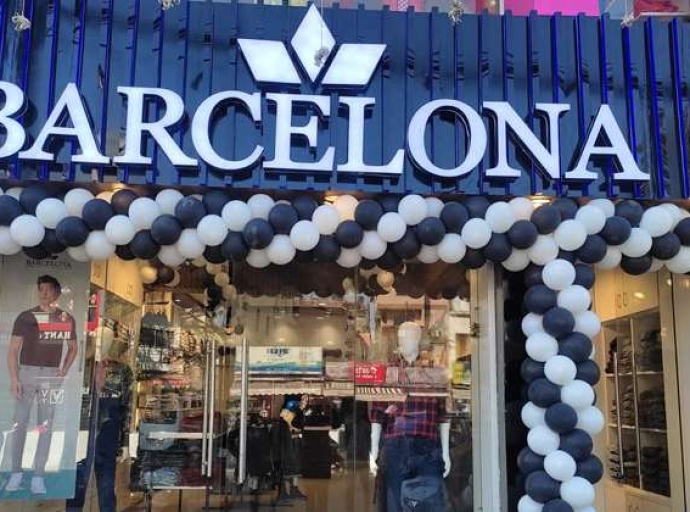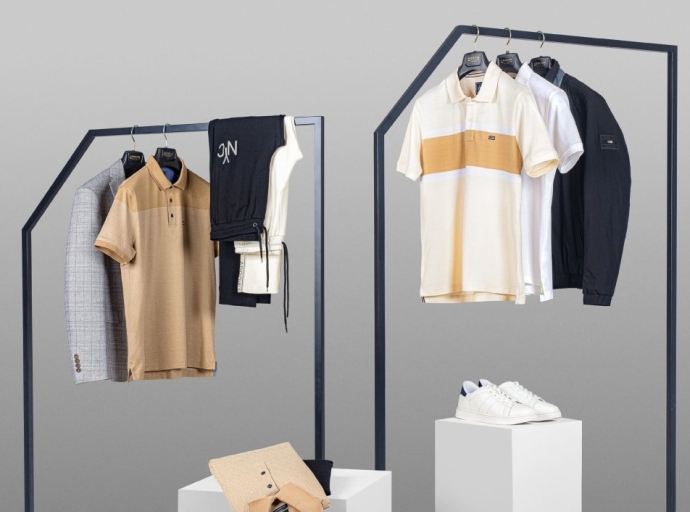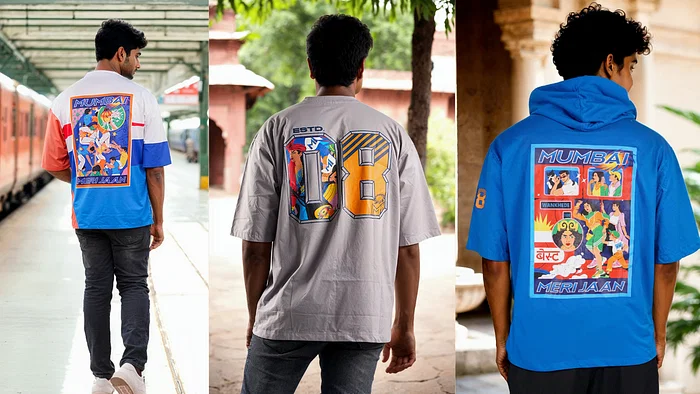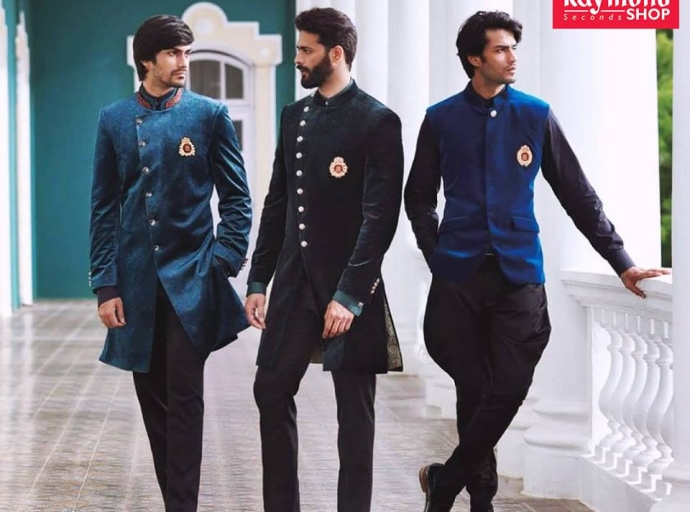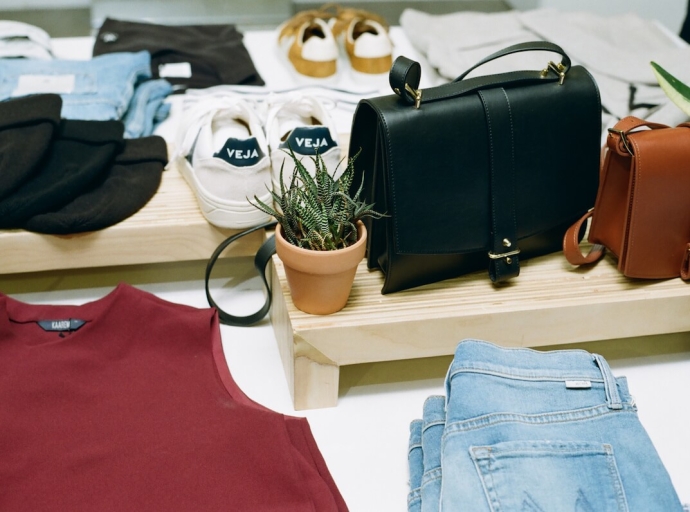With global luxury brands turning their attention to India, and indigenous luxury labels venturing into international markets, the luxury sector is poised to play a pivotal role in India's aspiration to position itself as a developed nation by 2047.
However, navigating the luxury business terrain demands steadfast relationship-building, time, and infrastructure support. To explore India’s potential to keep pace with these demands, Business Standard organised a two-day national
two-day national summit titled ‘BS Manthan,’ on Mar 27 and 28 at Bharat Mandapam, New Delhi.
Held under the theme ‘Ramp to resorts to retail: How can luxury in 2047 redefine a developed India,’ the summit comprised forward thinking discussions by industry leaders and observers. These leaders envisioned the luxury industry's trajectory over the next 23 years.
According to ‘The State of Fashion 2024’ report by The Business of Fashion and McKinsey & Company, India is deemed one of the most promising destinations for luxury consumption globally. This sentiment was echoed by Benedicte Epinay, CEO, Comité Colbert, France's luxury association, citing a 75 per cent increase in the desire for luxury products. Pushpa Bector, Senior Executive Director, DLF Retail, termed the next decade as ‘the decade of retail for India.’
Industry stalwarts like Kapil Chopra, Founder, The Postcard Hotel, and Abheek Singhi, Managing Director, Boston Consulting Group, dissected the luxury sector's potential to propel India towards its development goals. Featuring luminaries such as Alexis de Ducla, Mathieu Lustrerie and Nikhil Sethi, KPMG India, the panel aimed to catalyse ideas among policymakers, government officials, industry leaders, and innovative entrepreneurs attending the summit.

